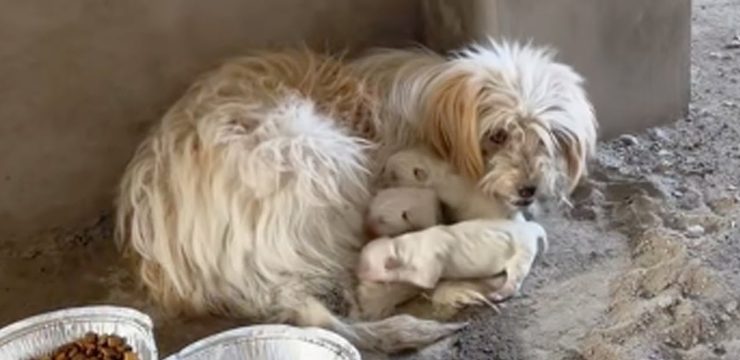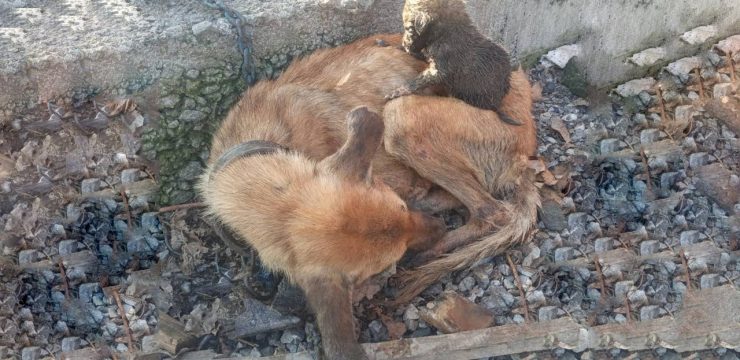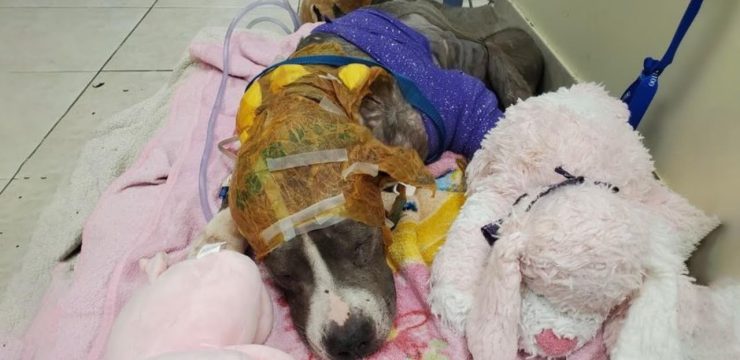In a harrowing incident in Florida, a woman found herself in grave danger but managed to secure unexpected help from an unusual source—Pizza Hut.
Cheryl Treadway’s ordeal, as reported by WFLA, ended in relief thanks to her quick thinking, her cell phone, and a responsive local Pizza Hut. On May 4, 2015, in Highlands County, Florida, Treadway was being held hostage alongside her children by her boyfriend, Ethan Nickerson, who was armed with a knife and threatening their safety. Desperate for a way to call for help without escalating the situation, Treadway used the Pizza Hut app on her phone to place an order for a small hand-tossed pepperoni pizza. In the comment section of her order, she wrote a chilling message to the store: she was being held hostage and needed immediate help.

Fortunately, the employees at the Pizza Hut location recognized the gravity of the situation. Without hesitation, they contacted the authorities, who promptly responded. Law enforcement arrived at Treadway’s home, defusing the situation and arresting Nickerson without further harm to her or her children. This remarkable story is a testament to the importance of vigilance and quick action, as it could have ended very differently without the attentiveness of the Pizza Hut staff.
Domestic violence remains a pervasive issue in the United States, affecting millions of individuals each year. According to the National Coalition Against Domestic Violence, approximately 4 million women annually are subjected to domestic violence. Furthermore, 1 in 3 women and 1 in 4 men report experiencing physical abuse at the hands of a current or former partner. While Treadway’s experience fortunately concluded with her rescue, countless others are not so lucky. The statistics underscore the dire need for awareness, resources, and interventions to combat domestic violence.
Treadway’s story echoes the message of a powerful public service announcement aired during the Super Bowl earlier that year, aimed at raising awareness about domestic violence. In the PSA, a woman pretends to order a pizza while speaking to a 911 operator, cleverly signaling her need for help without alerting her abuser. The PSA, produced by the organization No More, highlights the covert ways victims often have to communicate their distress. While the organization itself has faced criticism, its campaign has successfully brought crucial attention to the issue.
Real-life incidents similar to the scenario in the PSA have been shared by professionals in the field. A 911 operator recounted a chillingly similar story on Reddit, describing a call in which a woman pretended to order a pizza as a veiled cry for help. Stories like these emphasize the importance of training for 911 operators, law enforcement, and the general public to recognize and respond to these subtle signals.
The National Domestic Violence Hotline is an invaluable resource for individuals trapped in abusive situations. It provides not only immediate support but also a comprehensive safety planning tool. This tool equips survivors with detailed strategies for leaving abusive relationships, offers practical legal guidance, and addresses various aspects of planning for safety. For those who have never experienced such relationships, leaving an abusive partner may seem like a straightforward decision. However, for many survivors, the reality is far more complex, involving emotional, financial, and logistical challenges.
Treadway’s situation serves as a reminder of the critical role that community awareness and proactive responses play in addressing domestic violence. What would have happened if the Pizza Hut staff had dismissed her plea for help as a prank? Or if the 911 operator in the PSA had failed to pick up on the caller’s desperation? These scenarios could have ended tragically. Thankfully, in both cases, individuals chose to act, demonstrating the life-saving power of attentiveness.
While not every signal for help will be as clear as a written note or a coded phone call, there are often subtle signs that someone may be in danger. It is up to all of us—friends, family members, neighbors, and service providers—to pay attention and offer support where possible. Simple acts of awareness can make a profound difference. Recognizing the signs and taking action, as the Pizza Hut staff did, can save lives and provide survivors with the chance to escape violence and rebuild their futures.
For survivors like Treadway, the courage to seek help, even in unconventional ways, underscores the resilience of individuals facing unimaginable circumstances. Her story serves as both an inspiration and a call to action, urging us all to be more vigilant and supportive of those who may be silently crying out for assistance.
In conclusion, Cheryl Treadway’s experience is a powerful example of how quick thinking and community support can transform a potentially deadly situation into a story of hope and survival. It reminds us that vigilance and compassion are key to addressing the pervasive issue of domestic violence. As a society, we must continue to advocate for resources, education, and systemic changes to support survivors and prevent abuse. By staying alert and empathetic, we can all play a role in creating a safer world for everyone.





